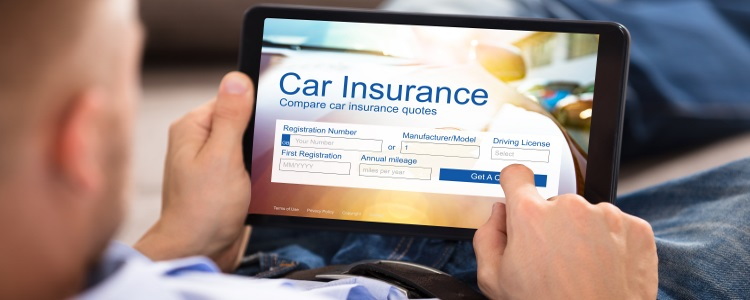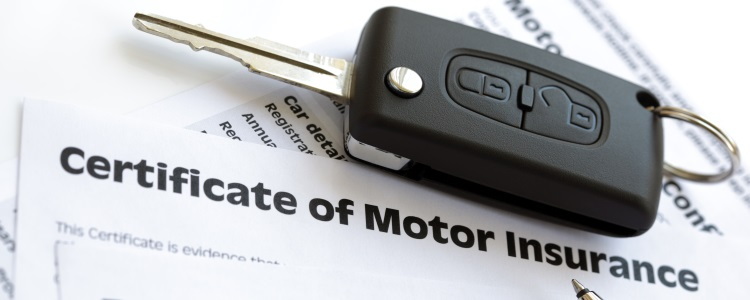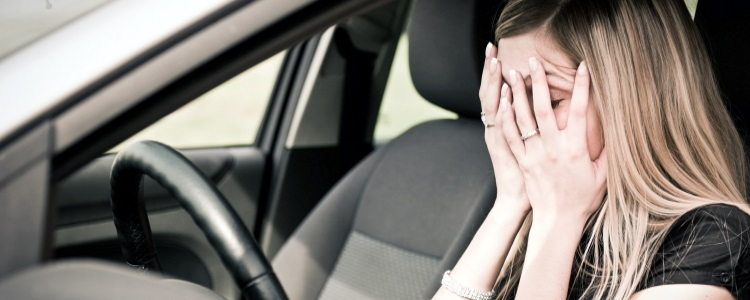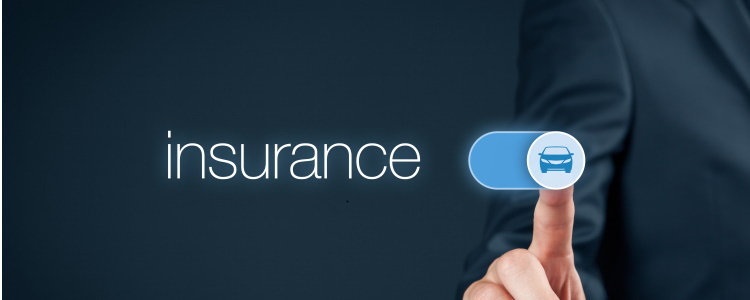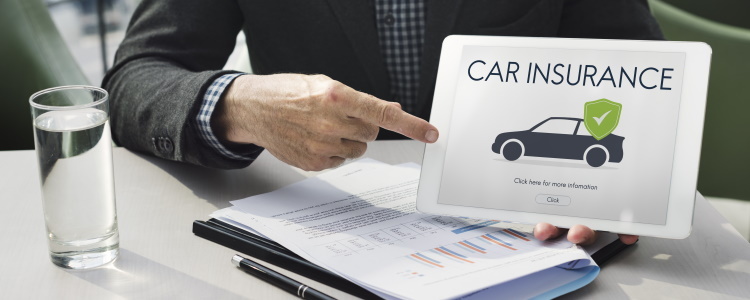A leased car may be more expensive to insure than a vehicle you buy outright. Depending on the state you live in and the coverage required by your leasing company, insuring a leased car can mean getting higher limit full coverage, and its cost depends on a number of factors.
Insurance Requirements by State
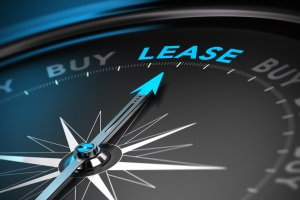 Leasing a vehicle is generally cheaper than financing in the short run, but you can't drive off in a leased car if it's not insured. Auto insurance coverage requirements are determined by state law, so your insurance coverage depends on the state your vehicle is registered in. When you're leasing, you're also going to have to carry any additional insurance above your state minimum that's required by your leasing company.
Leasing a vehicle is generally cheaper than financing in the short run, but you can't drive off in a leased car if it's not insured. Auto insurance coverage requirements are determined by state law, so your insurance coverage depends on the state your vehicle is registered in. When you're leasing, you're also going to have to carry any additional insurance above your state minimum that's required by your leasing company.
Most states require at least liability insurance, but this can vary by state. There are two common types of liability coverage: bodily injury liability and property damage. These forms of insurance help to cover injuries to other people from an accident you're responsible for.
Less common, but still required in some states, is personal injury protection, which may help cover medical expenses or lost wages. Other types of coverage required in some states include uninsured and underinsured motorist coverage. These help to protect against damages incurred during an accident with a person who has too little insurance to cover the amount of damage, or no coverage at all.
Additional Coverage Required in Leasing
Above what's required by your state, leasing companies want their asset (the car) to be covered for any possible damage that could occur while you're driving it. That typically means getting collision and comprehensive coverage auto insurance, and this can be more expensive than just insuring a vehicle to the state minimum.
As its name implies, collision insurance covers damage to your leased car from a collision with another vehicle or an object, such as a telephone pole or mailbox. Comprehensive coverage pays for damage from things that aren't caused in a crash, such as falling objects like branches, natural disasters, and theft.
Besides the extra coverage, a leased car can be more expensive to insure because lease companies often require higher coverage limits than state minimums, and set maximum deductible amounts. You may see insurance coverage limits set as high as $100,000 of bodily injury coverage and $50,000 for property damage, as well as a $300,000 of coverage per accident.
Even though you're the one required to carry your own insurance for a leased vehicle, your policy has to list the leasing company as an additional insured party and the loss payee. That's right – the lessor gets any insurance payout if damages occur to the car during your lease, because they own the vehicle, not you.
When leasing, it's typically recommended that you get gap insurance as well, and it may even be required by the lessor and built into the lease agreement. Gap insurance covers the difference between what you owe on a lease and what's covered by insurance, and it protects you from having to pay the difference out of pocket after an accident or theft.
Can You Afford Coverage?
If that sounds like a lot of auto insurance coverage that you may not have room for in your budget, it may be wise to look into purchasing a car. Ultimately, even with the full coverage insurance required when buying, it can be the more affordable option.
If saving money sounds better to you, but you don't know where to start looking for financing options due to your credit situation, Auto Credit Express wants to help you. We work with dealerships across the nation that have the lending resources available to help people in many types of credit situations, and we want to connect you with one in your area. To get started, just fill out our easy, no-obligation auto loan request form today!
